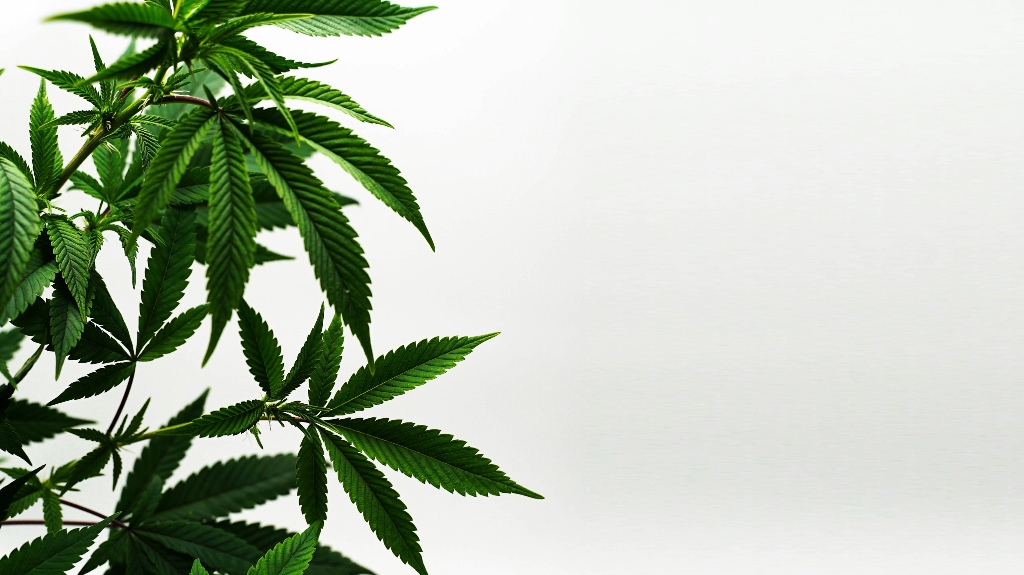For many people, they may believe that hemp and cannabis are the same product. But there are distinct differences between the two. While some uses of these products are legal, there are a few restrictions in the state. Let’s shed some light on navigating the legal distinctions in Oklahoma between cannabis and hemp.

What To Know About Cannabis in Oklahoma
Cannabis is known as marijuana. Today, it remains illegal for recreational use in Oklahoma. However, medical marijuana is legal in the state. Since 2018, patients with qualifying conditions can obtain a medical marijuana license. These medical conditions can range from epilepsy to anxiety to chronic pain or cancer.
There are a few restrictions, though. Anyone wishing to apply for a medical marijuana license will need to get approval from a licensed physician in the state. Along with that, these individuals can only purchase cannabis from licensed dispensaries.
Many of these patients benefit from products using cannabidiol oil (CBD). Derived from cannabis plants, this oil is well-known for its potential health benefits.
If you wonder whether CBD is legal in Oklahoma, the answer is yes. However, the product will need to contain less than 0.3% THC (tetrahydrocannabinol). With that lower level of THC, patients will not feel or experience the psychoactive effects of the product.
Legal cannabis products include:
- Dried cannabis buds or flowers. These products may contain indica or sativa strains, which can be vaped or smoked.
- Edibles are gummies, cookies, brownies, or gummies that are infused with cannabis extracts.
- Tinctures are liquid extracts made by soaking cannabis in alcohol or oil. Patients can place a few drops under the tongue (sublingually) for fast absorption.
- Topicals are creams, lotions, or balms infused with cannabis. These products do not produce a psychoactive effect. Instead, they target pain, inflammation, and skin conditions.
Now that you know about cannabis products in the state, what about hemp-derived items?
Are the Rules Different for Hemp?
Unlike cannabis, hemp is fully legal in Oklahoma. The 2018 Farm Bill removed hemp from the list of controlled substances. With that, all states can regulate its cultivation, production, and sale.
Farmers, manufacturers, and distributors must follow a few regulations. For example, hemp products also have a THC restriction. The THC content must not exceed 0.3% on a dry weight basis. With those rules, Oklahoma can ensure that hemp-derived products remain non-intoxicating and comply with federal and state regulations.
Which products contain hemp? Some examples can include:
- Hemp oils with CBD and other beneficial compounds.
- Topicals, including creams, balms, and lotions for localized relief.
- Seeds that can be used in cooking and as a protein source.
- Edibles that include infused snacks and beverages.
- Vapes with inhalable products.
As you can tell, there are plenty of differences between these substances in the state. Hopefully, this guide has helped you navigate the legal distinctions between cannabis and hemp in Oklahoma.
Get Assistance Navigating the Legal Distinctions in Oklahoma
Whether it’s cannabis for medical relief or hemp for sustainable products, these products fall into two distinct categories under the law. If you still have questions about these products or cannabis law-related inquiries, please contact us at Brune Law Firm. Contact us or call (918) 372-3021 to schedule a consultation.

